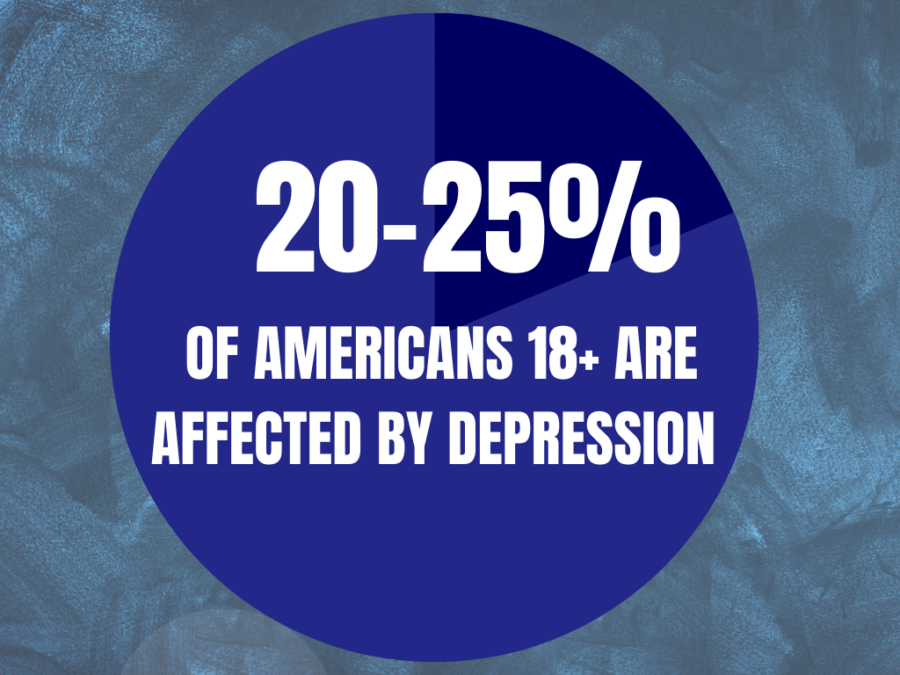 A proposed differential tuition increase could cause business students taking upper-division courses to pay $30 more per credit hour per upper division class, starting fall semester 2013. Approximately 1,900 undergraduate business students would potentially be affected.The proposal will be presented to President’s Council on March 13, and then must be approved by the Board of Trustees and the Board of Regents in order to become official.
A proposed differential tuition increase could cause business students taking upper-division courses to pay $30 more per credit hour per upper division class, starting fall semester 2013. Approximately 1,900 undergraduate business students would potentially be affected.The proposal will be presented to President’s Council on March 13, and then must be approved by the Board of Trustees and the Board of Regents in order to become official.
According to Jeff Steagall, the dean of the John B. Goddard School of Business and Economics, the tuition will increase each year until the maximum of $60 per credit hour per upper-division class is met. Steagall said the tuition will be raised based on a three-year phase-in plan starting in fall 2013. In the fall of 2014, students will pay $45 extra per credit hour per upper-division class, and $60 in fall 2015.
Steagall said students in the graduate program for the business school already have to pay a differential tuition, and that this should only affect students taking upper-division courses.
“We just didn’t think it would be fair to drop that in without any phase in . . .,” he said.
The reason behind the increase is to raise funding to acquire business professors who are more qualified from the professional realm. Also, the funding would go toward paying the current professors competitive wages as an incentive to stay at Weber State University.
Mina Eastes, the student senator for the College of Business and Economics, said she supports the new increase, that it will benefit the students by providing them with a higher-quality learning experience.
“I’m not sure if students will notice a huge difference, but they will,” Eastes said. “And that’s just going towards raising money to get new professors. Instead of having the max number of adjunct professors, we want to hire professional professors that have the education and experience.”
According to WSU’s website, the business school is accredited by the Association to Advance Collegiate Schools of Business. Less than 10 percent of all business schools hold this distinction. One of the requirements of AACSB is that full-time faculty must teach 75 percent of the credit hours. Steagall said the school has reached this limit and only wants to have adjunct professors when it is strategic.
The dean said having sufficient faculty will help the business school fulfill its mission and the state’s new “66 percent by 2020” goal. Currently, the average undergraduate class size in the business school is 29 students. The business school was looking for three ways to lower the student-to-professor ratio. Steagall said increasing the tuition was the best alternative to raising class sizes or raising the required GPA for acceptance into the business program.
“So, to us, there were only three options, and only one of them was really palatable at all,” Steagall said. “We don’t want to move away from our mission, and the first two would require us to move from our mission. None of us are really very happy about having to increase tuition for students, but it is the reality that students are still heavily subsidized by the state and only pay a tiny fraction of the cost of education. So it seems reasonable to ask a little bit more.”
One concern that Andrew Gardiner, president of the WSU Student Association, had was that students who are receiving scholarships will have to come up with the extra tuition on their own without any assistance. Steagall said money will be set aside, especially in the first year, to increase scholarships, but that the process hasn’t been started because the tuition increase isn’t fully approved.
“If people really are need-based, this won’t hurt them,” Steagall said.
Students who serve leadership positions in business clubs on campus were told about the potential increase, but Gardiner said it was approved by the President’s Council without a majority of the students becoming aware of the changes. Gardiner said he felt like the student involvement process should have been more transparent, but he agrees with the advantages of raising the tuition for upper-division business courses.
“Those professors take a cut, generally speaking, to teach,” Gardiner said. “(They) are very capable people who could make a substantial amount of money outside of academia.”


















